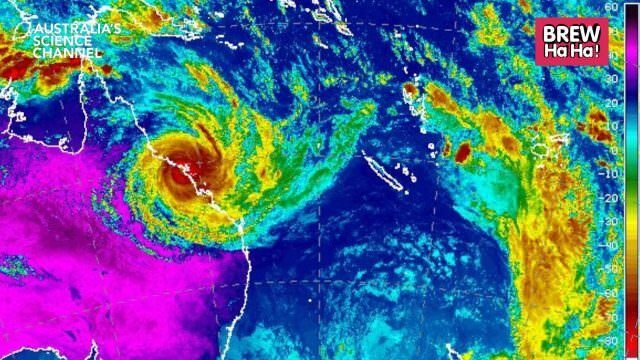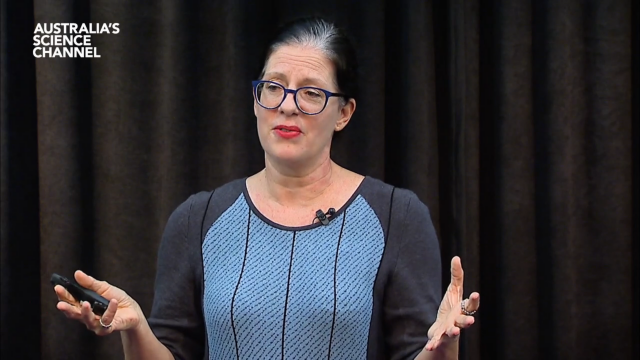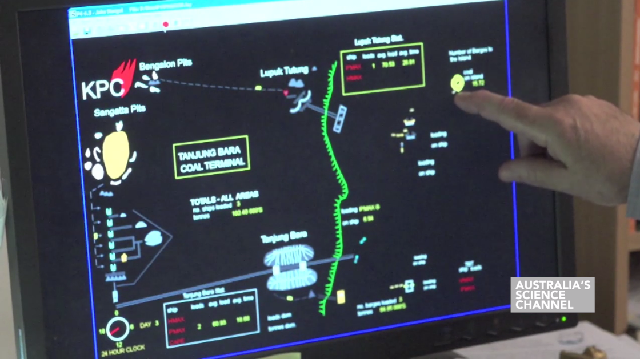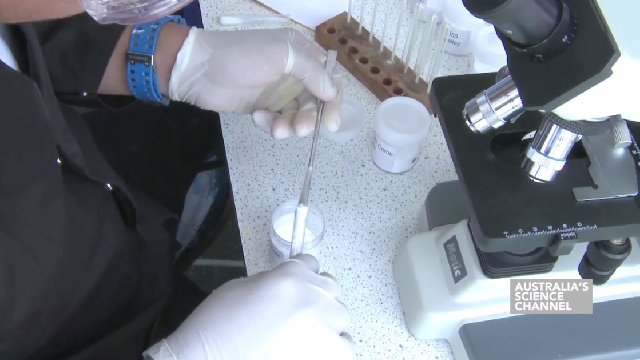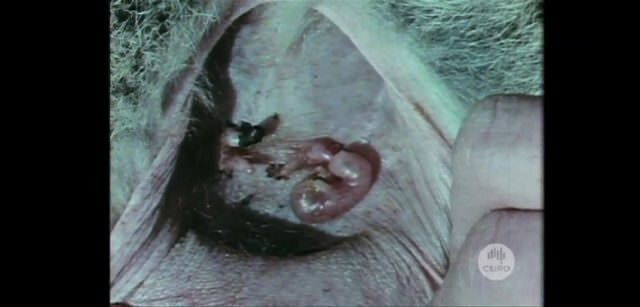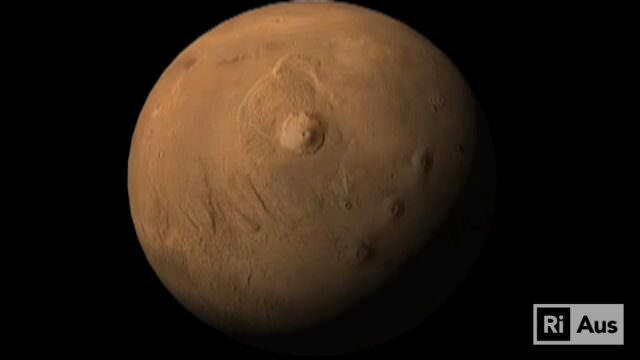Last updated May 28, 2018 at 1:52 pm
A new global estimate of life has shown that humans make up a tiny fraction of life, yet have drastically affected the rest.
Humans are barely a fraction of a percent of life on Earth, according to new research, but simultaneously have the greatest impact on the rest.
Researchers from Israel’s Weizmann Institute of Science have completed the first large scale census of biomass on Earth, and shown that while we don’t amount to much, we sure know how to throw our weight around.
They found that humans add up to only around 0.01% of all life on Earth, when measured by the mass of carbon that makes us up – an eye opening amount when you consider there are 7.6 billion of us on the planet.
The living species that really dominate the biomass scales are plants, which make up around 82% of all biomass on Earth – outweighing humans around 9000 to 1.
Bacteria make up around 13% of the world’s biomass. Literally every other living being, from fungi to viruses, humans to whales, makes up a scant 5%.
Biomass on land was found to be 10-100 times that of the oceans. And arthropods, a group that includes crabs, spiders and insects, make up the largest part of all the animal biomass on Earth, followed by the biomass of fish.
To come up with the numbers, the research team compiled a global biomass census based on hundreds of studies from recent decades, combining existing data with new estimates for species that hadn’t been surveyed before. These ranged from satellite remote sensing to scan large swathes of Earth, to gene sequencing assays for microorganisms.
They admit that it leaves some estimation and uncertainty around some of the numbers, however say the work presents a useful overview that gives a sense of proportion.
While plants hugely outweigh humans, many other species tip the biomass scales against humans. Viruses outweigh humans by around 3 to 1, as do worms. Fish – 12 to 1, while fungi outweigh humans by more than 200 to 1.

Comparative biomass at a glance, in gigatons of carbon. Credit: Ron Milo, Weizmann Institute of Science
Our impact on others
When the researchers compared their numbers with historical biomass estimates, it suggested that human activities have led to significant reductions in wild mammal, fish, and plant biomass.
Since civilisation started, they estimated that humans have cut the total weight of plants by half, while wild mammal numbers have dropped by around 85%.
One of the major factors driving those changes has been farming and animal domestication. Farmed cattle and pigs outweigh all wild mammals 14 to 1. Similarly, farmed poultry today make up 70% of all birds on the planet.
It’s likely logging and clearing of land for farming accounted for much of the loss of plant biomass.
“I would hope this gives people a perspective on the very dominant role that humanity now plays on Earth,” Ron Milo, who led the research, told the ABC.
“It is definitely striking, our disproportionate place on Earth.”
The numbers go to prove that even though we’re vastly outnumbered when it comes to biomass, we’re the most influential species that ever lived, and probably ever will live. No species has dominated others across the globe to the extent that humans have. And we need to consider carefully our impact on the others living on the planet.
The research has been published in the Proceedings of the National Academy of Sciences





































































































































































































































































